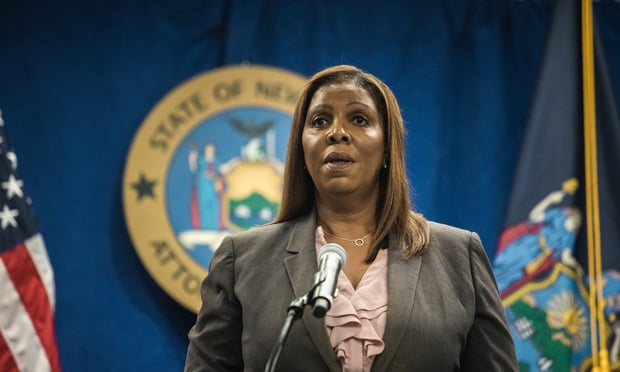There's a serious yawning gap in the corporate world between what needs to get done and getting it done in the critical area of leadership. Yet although human resources executives see this elephant in the room, they say little is being done to address it.
That's one of the striking outcomes of a massive study by Deloitte entitled Global Human Capital Trends 2015. The study asked respondents to prioritize various aspects and functions of their companies in terms of importance, and then asked their opinion on how prepared their employers were to take on these challenges.
There were gaps in all the categories. But the leadership gap led the way.
Recommended For You
Here's how that shook out:
Trend: Leadership
Importance: 78 percent ranked as No. 1
Readiness: 42 percent (indicating somewhat ready)
Gap: 36 percent
Trend: Culture and engagement
Importance: 78 percent
Readiness: 47 percent
Gap: 31 percent
Trend: Learning and development
Importance: 74 percent
Readiness: 46 percent
Gap: 28 percent
Trend: Reinventing HR
Importance: 71 percent
Readiness: 42 percent
Gap: 30 percent
Trend: Workforce capability
Importance: 70 percent
Readiness: 43 percent
Gap: 27 percent
Other areas were included in the rating; the area with the least importance ("people data everywhere") also showed the small gap (19 percent) but had the lowest readiness rating (31 percent). Perhaps no one really knew what it meant.
The study revealed a trend that HR professionals are understandably tired of hearing: that their bosses don't rate their performance very high. But then, they themselves admitted there was plenty of room for improvement in the HR department's performance.
When asked to rate their own performance, 39 percent of HR respondents thought they were doing a good or excellent job. When non-HR types were asked the same question, only 28 percent chose "excellent" or "good." And while 8 percent of HR respondents felt the department was underperforming, 14 percent of non-HR types said their HR folks were underperforming.
"Both HR and business leaders, on average, rated HR's performance as low," Deloitte reported. "Furthermore, business leaders rated HR's performance 20 percent lower than did HR leaders, showing how important it is to accelerate HR's ability to deliver value as the economy improves. Perhaps because of these dim views of HR's performance, we found an increasing trend of CEOs bringing in non-HR professionals to fill the role of CHRO."
Another cause for tension between C-Suite and HR appears to be HR's (perceived or actual) lag in utilizing data tools to enhance their performance.
"HR should now make serious investments in leveraging data to make people decisions. People analytics, a strategy that has been evolving over the last several years, has the potential to change the way HR will work. However, HR organizations appear to be slow in developing the capabilities to take advantage of analytics' potential."
Overall, the study painted a rather grim portrait of Corporate America today as needing better leaders to drive engagement and create a culture that attracts the best people so the enterprise can flourish. And regardless of just how well human resources professionals are doing their jobs, if the people at the top of the executive food chain think they're underperforming, well, they might as well be.
© 2025 ALM Global, LLC, All Rights Reserved. Request academic re-use from www.copyright.com. All other uses, submit a request to [email protected]. For more information visit Asset & Logo Licensing.








